You have no items in your shopping cart.
When it comes to boat building and other DIY projects, it's important to choose the right resin. Here we'll discuss vinyl ester resin and epoxy resin and their pros and cons, so you can make the best decision for your project.
If you are looking for info on polyester resin, you can go HERE

Vinyl Ester Resin
Vinyl ester is a great option for boat building and other hobbyist projects that need a resin that is resistant to solvents and water degradation. It is often used in gas tanks, boat hulls and other items that will be exposed to chemicals or water for extended periods of time. It uses a MEKP catalyst as a hardener.
Vinyl ester has a longer molecular chain than polyester resin. This helps it absorb impact better than polyester. Vinyl ester also shrinks less and has less chance of de-lamination.
Vinyl ester can be used as a final coat after polyester resin to create a better water barrier. It cures with a surface tack which is ideal when you are adding multiple layers. There is no need to sand between layers. If you are using vinyl ester as a final layer, you will need to add a surface seal or wax to get a hard tack free finish.
There are some downsides to using vinyl ester resin. One reason is that it is more expensive than polyester resins. Another is that it will yellow fairly quickly.

Epoxy Resin
Epoxy resin is an ideal resin for high performance and light weight parts. It has great bonding capability, cures with a full surface cure and is water resistant.
Epoxy resin comes in two parts. The resin side is typically designated as the "A" side. The "B" side is typically the hardener side. Our epoxy comes in either a 1:1, 2:1 or 4:1 ratio by volume. There is a choice of three different hardeners for the 2:1 and 4:1 epoxy: fast, medium and slow. Which speed of hardener you choose should depend on the temperature, the desired working time and drying time.
Epoxy resin can be used with carbon fiber, Kevlar and fiberglass cloth. It is not compatible with chopped strand mat (fiberglass mat). Chopped strand mat is held together by a styrene binder that requires the styrene in polyester or vinyl ester resin to break it down.
Many like working with epoxy resin more than polyester or vinyl ester because of the significantly lower odor. Epoxies do have an odor but it is not as strong as the other resins.
A couple downsides to epoxy resin is that is it more expensive than other resins. It also comes in two parts that must be mixed correctly for the resin to cure properly. Epoxy is a lot less forgiving when it comes to mixing and measuring. You must be exact.
Liquid Properties of Systems |
|||
| Resin/Hardener Type | 1314/3102 | 1314/3103 | 1314/3143 |
| Speed of hardener | Slow/Flexible | ||
| Mix ratio, Resin to Hardener by volume | |||
| Viscosity, cps mixed | |||
| Gel time, minutes at 77 degrees F. | |||
| Set time, hours at 77 degrees F. | |||
| Recoat time, hours | |||
| Recommended minimum working temperature ( degrees F) | |||
| Suggested uses: F=Fairing, L=Laminating, A=Adhesive | |||
Cured Properties of System |
|||
| Heat Deflection Temperature (HDT) Note: higher HDT's attainable with post cure. | |||
| Flexural Strength, Psi | |||
| Tensile Strength, Psi | |||
| Flexural Modulus, Psi | |||
| Tensile Modulus, Psi | |||
| Elongation(percentage) |
Conclusion
Now that you know some of the differences between vinyl ester resin and epoxy resin, you can choose the right one for your project. Polyester resin is also a great choice. Polyester resin comes in various types such as ISO, general purpose laminating, casting and finishing resin. You can read more about this resin here- https://fiberglasswarehouse.com/blogs/news/polyester-resin
If you are still unsure of which resin to choose, you can contact us at sales@fiberglasswarehouse.com or 1-833-669-7899. We are happy to help.




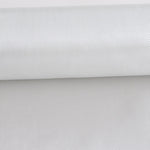
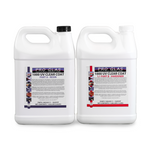
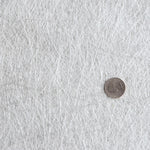
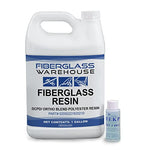
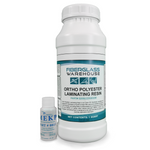
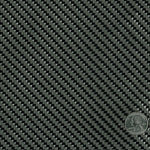

Hi there. I was reading and understand the difference between Vinyl Ester and Polyester. But is there also a difference in the hardeners what can be used? We are a bit off the grid and only have fast access to common Polyester Putty Hardeners.